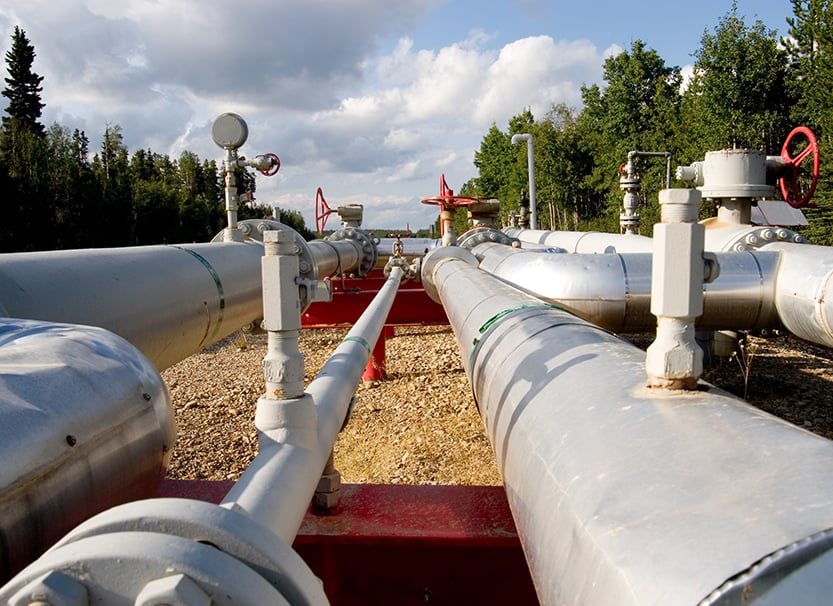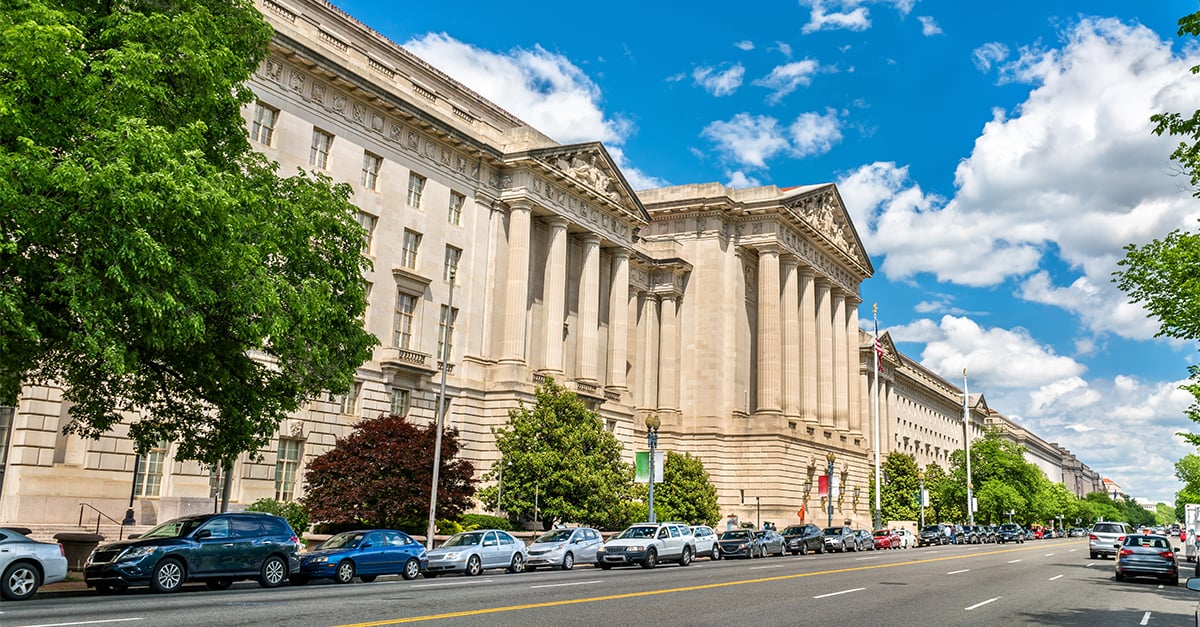EPA Proposes Overhaul of Greenhouse Gas Reporting Program
On September 16, 2025, the U.S. Environmental Protection Agency (EPA) published a proposed rule that would fundamentally reshape the federal Greenhouse Gas Reporting Program (GHGRP). 90 Fed. Reg. 44591 (Sept. 16, 2025). If finalized, this action would mark a further shift in federal greenhouse gas (GHG) policy and advance the administration’s broader deregulatory agenda.
Trump EPA Releases First Regulatory Agenda of Second Term – Key Takeaways and Timelines
The Trump Administration’s Spring 2025 Unified Agenda underscores the EPA’s central role in reshaping federal regulations. From PFAS standards to greenhouse gas rules and permitting reforms, the agenda highlights rollbacks of climate-related measures while introducing new compliance timelines. Companies should prepare now to engage on rules that will directly impact operations in energy, manufacturing, and beyond.
The Department of Transportation’s Spring 2025 Regulatory Agenda: Big Announcements on Autonomous Vehicles and Automatic Emergency Braking
On September 4, 2025 the National Highway Traffic Safety Administration (NHTSA) announced several planned rulemakings relating to autonomous driving systems as part of the Trump Administration’s Spring 2025 regulatory agenda. The Secretary of Transportation said: “The rules of the road need to be updated to fit the realities of the 21st century. Our changes will eliminate redundant requirements and bring us closer to a single national standard that spurs innovation and prioritizes safety.” The Department of Transportation’s regulatory agenda also has dozens of other items, including two notable actions on automatic emergency braking.
EPA Updates Clean Air Act Standards Applicable to Small Waste Incinerators
On June 30, 2025, the U.S. Environmental Protection Agency (EPA) finalized updates to its New Source Performance Standards (NSPS) and Emission Guidelines for Other Solid Waste Incineration (OSWI) units under the Clean Air Act (CAA). These units — combustion systems that incinerate solid waste from commercial or institutional sources not otherwise regulated under specific incinerator categories — include very small municipal waste combustors and institutional incinerators. The final rule includes applicability-related and definitional changes expanding the class of incinerators subject to NSPS, revises the OSWI subcategories and tightens emission limits for key pollutants. It also adopts changes to startup, shutdown, and malfunction (SSM), and expands testing, monitoring, reporting, and recordkeeping requirements that will affect both existing and new OSWI units.

New York Proposes Mandatory Greenhouse Gas Reporting Rule
Last month, the New York State Department of Environmental Conservation (DEC) announced that it is considering a rule that would subject certain greenhouse gas (GHG) emissions sources to a mandatory reporting rule. This proposed rule aims to collect comprehensive emissions data from large GHG emitters across the state. Although the rule only proposes to impose reporting requirements, DEC has announced plans to use the information obtained to develop further strategies to reduce GHG emissions and direct investments to renewable energy alternatives.
SEC Ends Defense of Climate-Related Disclosure Rules
On March 27, 2025, the U.S. Securities and Exchange Commission (SEC) announced that it had voted to end its defense of the final rules on the enhancement and standardization of climate-related disclosures for investors (the climate rules). This decision follows significant opposition to the climate rules from congressional leaders, trade associations, state attorneys general, and other business entities. (more…)

President Trump’s Executive Order Seeks to Reduce Federal Regulation
President Trump’s January 31, 2025, Executive Order (EO) titled “Unleashing Prosperity Through Deregulation,” is a part of the new Administration’s broader policy to reduce federal regulation. The EO finds that federal regulations impose significant costs and complexities on American citizens and businesses that hinder economic growth, innovation, and global competitiveness – and it is the Administration’s policy to alleviate these burdens. This marks a policy change from the approach of the prior administration and is a broader effort than the regulatory reforms of the first Trump Administration.
States, Advanced Reactor Developer Challenge NRC’s Authority to License Advanced Reactors
The outcome of a lawsuit filed at the end of 2024 challenging the U.S. Nuclear Regulatory Commission’s (“NRC’s or the Agency’s”) authority under a 1956 rule to license certain nuclear facilities could have important implications for advanced reactor licensing processes and the supply of electricity in the U.S. in the years ahead.

U.S. EPA Removes Regulatory Affirmative Defense Provision Against Alleged Violations of Oil and Gas Facility NESHAPs
On October 22, 2024, the U.S. Environmental Protection Agency (EPA) published a final rule removing an affirmative defense from Clean Air Act (CAA) National Emission Standards for Hazardous Air Pollutants (NESHAP) regulations for the Oil and Natural Gas Production Facility and Natural Gas Transmission and Storage Facility Source Categories (Final Rule).[1] Prior to the Final Rule, owners or operators could assert an affirmative defense that alleged NESHAP standard violations were caused by an equipment malfunction.[2] A “malfunction” is defined as any sudden, infrequent, and not reasonably preventable failure of air pollution control and monitoring equipment, process equipment, or a process to operate in a normal or usual manner.[3]

Recent Developments in U.S. EPA’s Hydrofluorocarbon Phasedown
There have been several recent developments in enforcement, litigation, and regulatory implementation of the U.S. Environmental Protection Agency (EPA) phasedown of hydrofluorocarbons (HFCs).


